Private school VAT will 'push SEND pupils to state'
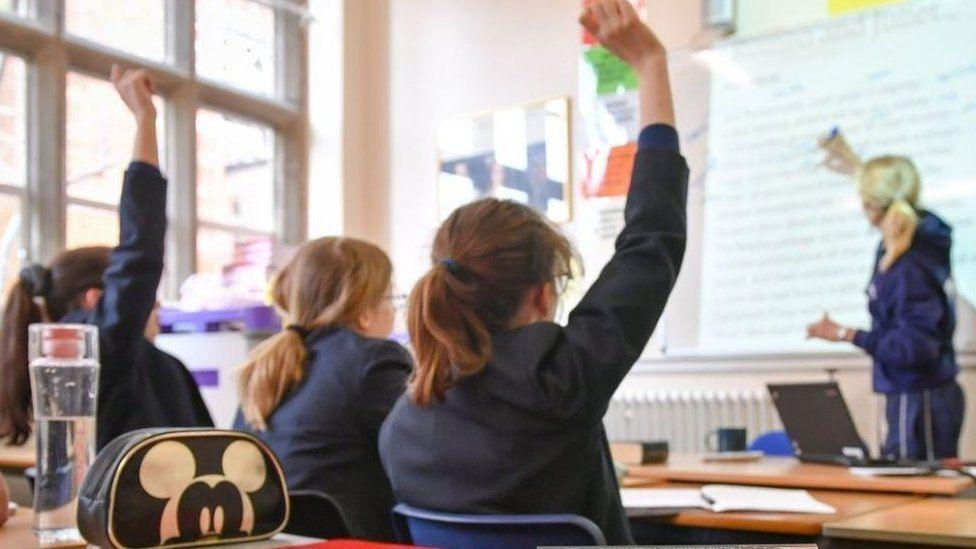
The Labour government plans to introduce VAT of 20% on private schools from January, to invest in state schools
- Published
Government plans to make private schools pay VAT could push more children with special educational needs (SEND) into mainstream schools, a council has warned.
Conservative-controlled Norfolk County Council said it was struggling to reach the rising costs of SEND provision, as it forecasted a £115m budget deficit by March.
Jane James, cabinet member for corporate services, said that "many" private schools catering for SEND were "in a fragile state" and "the worst-case scenario" was they may close, adding "pressure to our mainstream schools".
The Department for Education said "children and young people with SEND have been let down by a system that is not working" and ending the tax break would "raise revenue that will be invested back into essential public services".
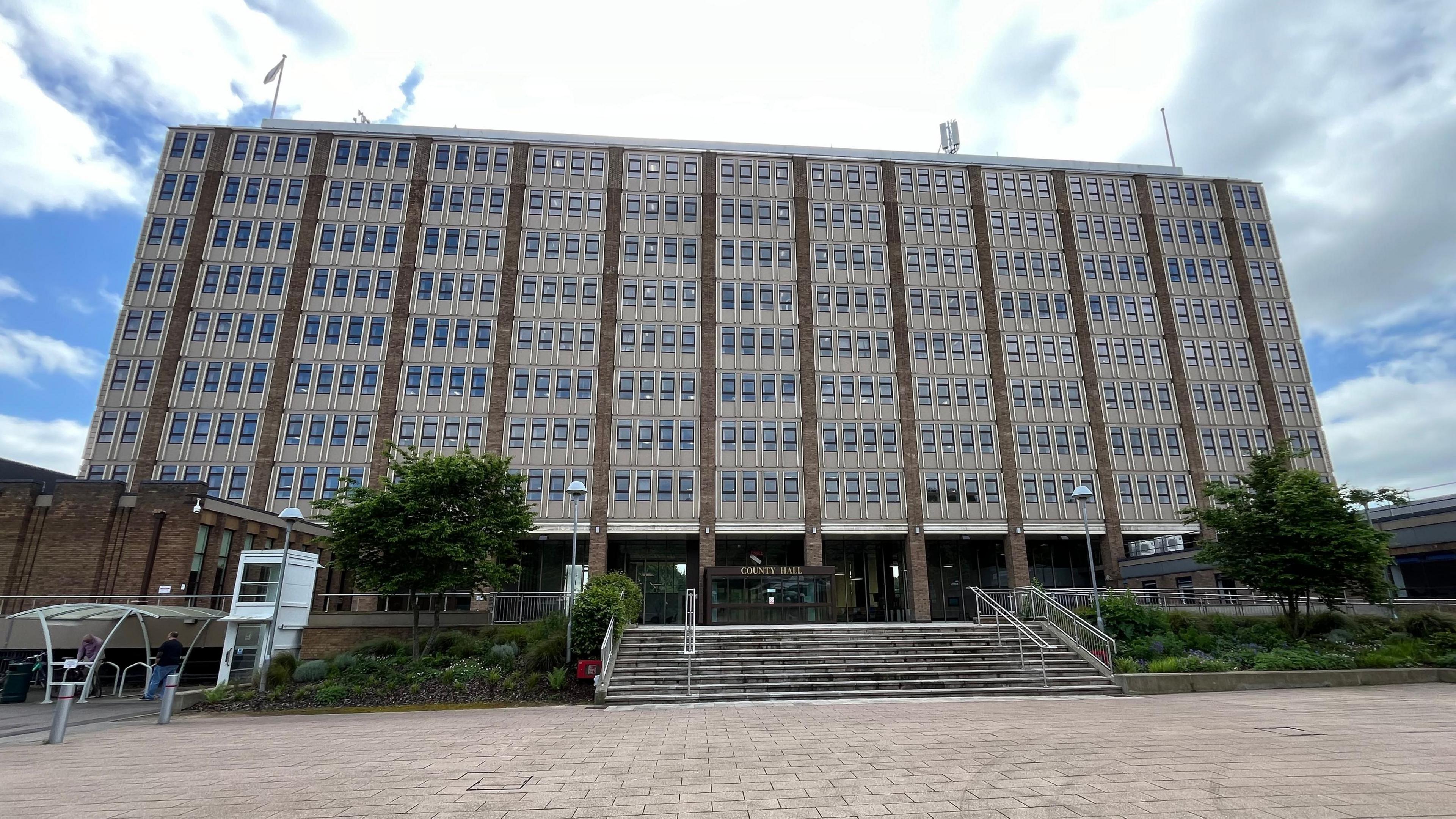
Norfolk councillor Jane James said "the wider implications this will have on independent schools that cater for SEND" had not full considered
The Institute for Fiscal Studies has said the VAT plans will generate roughly £1.5bn a year, which the government said it will invest in state education, including in recruiting more teachers, as reported by the Local Democracy Reporting Service.
The council agreed to top-up the amount of funding it provides to schools to support children with SEND from £30m to £35m. It has also writen to the government calling for an overhaul of SEND in schools and the way it is funded.
Andrew Jamieson, county council deputy leader, said: "This is causing a financial cliff edge for many councils.
"[Funding pressures] are leading to responsibility shifting between public bodies, inadvertently creating adversarial relationships between parents, local authorities and schools."
The council has spent £900,000 on legal fees defending legal cases involving children with SEND, but has also spent £120m to create 2,000 extra specialist places in newly-built schools.
Mike Smith-Clare, deputy leader of the council's Labour group, said a "safety valve" agreement the council made with the former government in March 2023 had exacerbated problems.
It received £70m for education services and support for SEND children up until 2029.
The bailout was to cover the deficit accrued through providing SEND support, but is now "off track" and the council is renegotiating with the Department for Education.
Five multi-academy trusts have warned they may have to slash up to £1m from their budgets after getting less than expected from the "safety valve".
Mr Smith-Clare said the agreement was made "without the involvement of those with lived experience" and criticised the council for spending "hundreds of thousands of pounds on lawyers fees to deny [families] what they are entitled to for as long as possible".
A Department for Education spokesperson said: "For too long, children and young people with SEND have been let down by a system that is not working, with parents too often battling to get their child the support they need and more importantly, deserve.
"We are committed to improving inclusivity, expertise and the capacity within mainstream schools, as well as making sure special schools cater to those with the most complex needs.
"Ending tax breaks on private schools will raise revenue that will be invested back into essential public services, so every child gets the best start in life."
Get in touch
Do you have a story suggestion for Norfolk?
Follow Norfolk news on BBC Sounds, Facebook, external, Instagram, external and X, external.
- Published24 August 2024
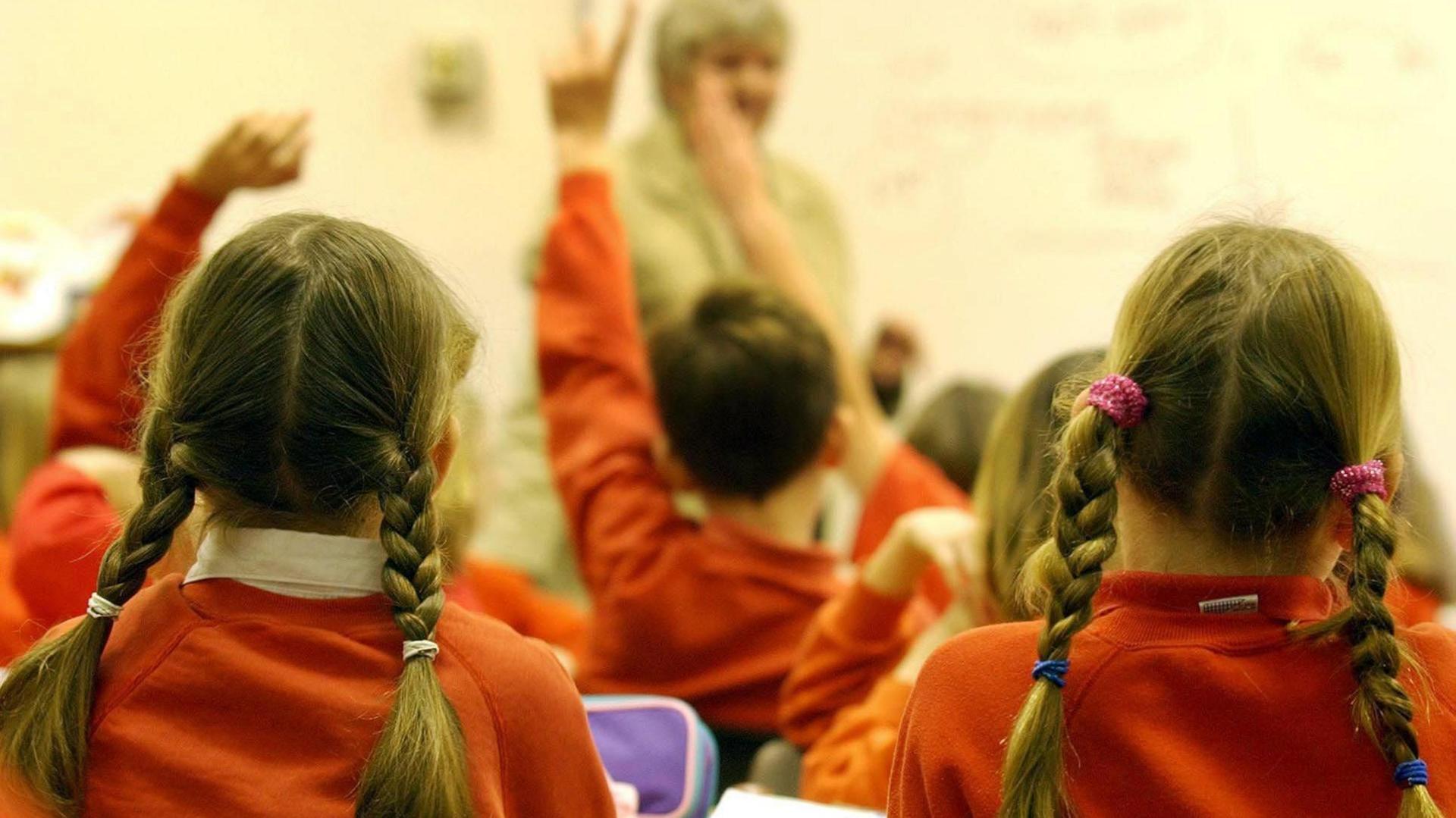
- Published15 May

- Published18 June 2024
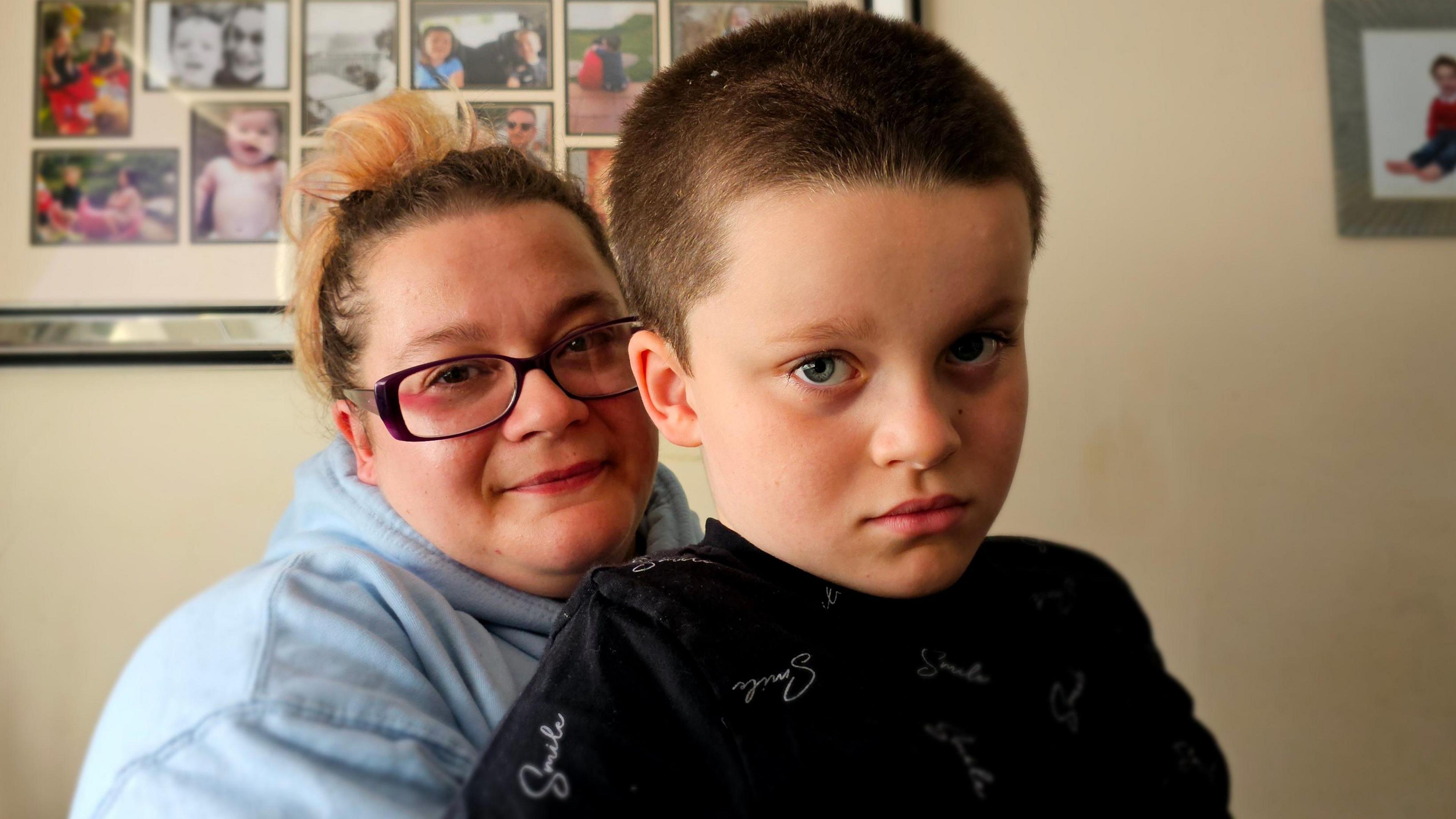
- Published27 June 2024
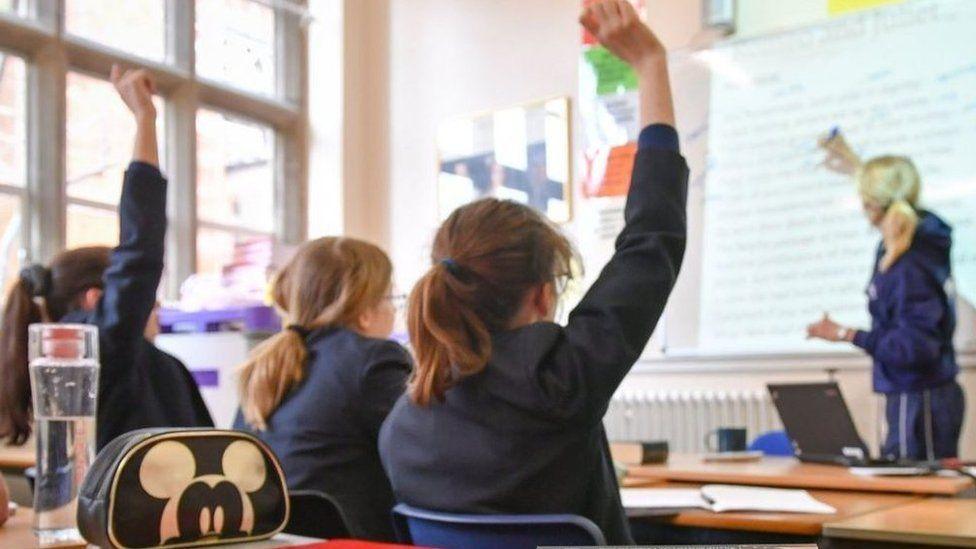
- Published17 August 2023
